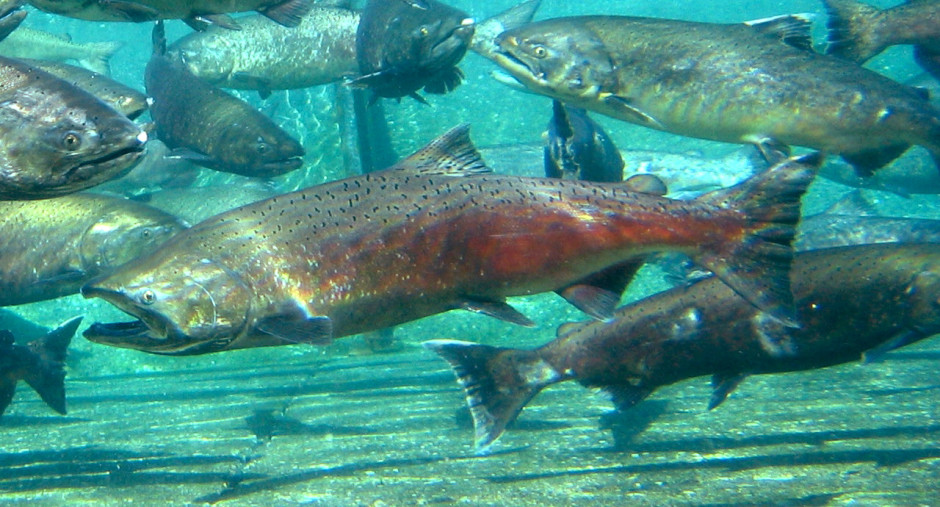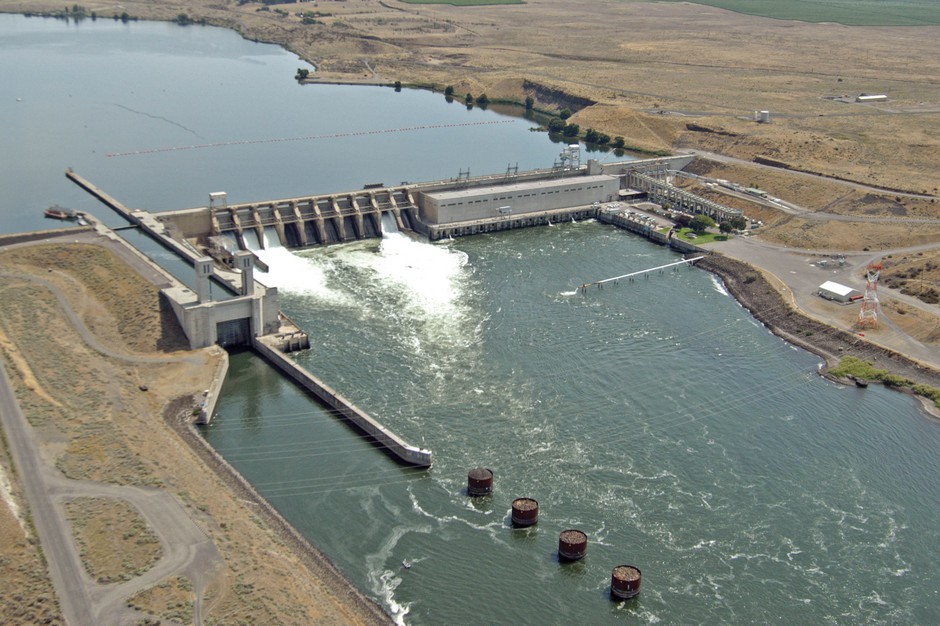
Federal 9th Circuit Court Orders More Action To Protect Salmon And Steelhead In Columbia Basin
READ ON
A federal appeals court ruled Friday that the Environmental Protection Agency must do more to protect Columbia basin salmon and steelhead from dangerously warm river temperatures.
The ruling by the 9th Circuit Court of Appeals came in response to a lawsuit filed by environmental and fishing groups. It upheld a 2018 ruling by a federal judge in Washington that the EPA had failed to meet its responsibilities under the Clean Water Act. Specifically, the states of Oregon and Washington failed to protect salmon from waters that got too warm.
In her opinion for the appeals court, Judge M. Margaret McKeown wrote that the two states have not taken up the responsibility to craft what are called “Total Maximum Daily Load” standards, which would restrict activities that lead to dangerously high water temperatures.
“Because Washington and Oregon have conclusively refused to develop and issue a temperature TMDL for the Columbia and Snake Rivers, the EPA is obligated to act,” she wrote. “The time has come – The EPA must do so now.”
Conservation groups that brought the legal challenge say high river temperatures are the result of climate change and the large, shallow reservoirs behind dams built on the Columbia and Snake rivers.
Last summer, conservation groups pointed to instances of high temperatures that threatened fish survival. One of the worst years was 2015. Water temperatures spiked in rivers across the Northwest. Fish can die when water temperatures hit the 70s Fahrenheit. In that year’s summer months, around 250,000 adult sockeye died in the Columbia and Snake rivers.
Copyright 2019 Oregon Public Broadcasting. To see more, visit opb.org
Related Stories:

Tri-Cities forum draws support for Lower Snake River dams
At a Lower Snake River dams forum in the Tri-Cities, Chuck Bender, who said his family members are tugboat operators, fell to his knees in front of U.S. Rep. Dan

‘Fish War’ documentary highlights tribal leaders’ fight
From left to right, Charles Atkinson, Jeff Ostenson, Mary Big Bull-Lewis and Twa-le Abrahamson answer questions from the crowd after the film “Fish War.” (Credit: Reneé Dìaz / NWPB) Listen

‘Fish War’ screens in Wenatchee
“Fish War” screens at the Numerica Performing Arts Center on Thursday. (Credit: North Forty Productions) Listen (Runtime 0:56) Read WENATCHEE— A documentary highlighting tribal leaders who stepped forward as environmental
















